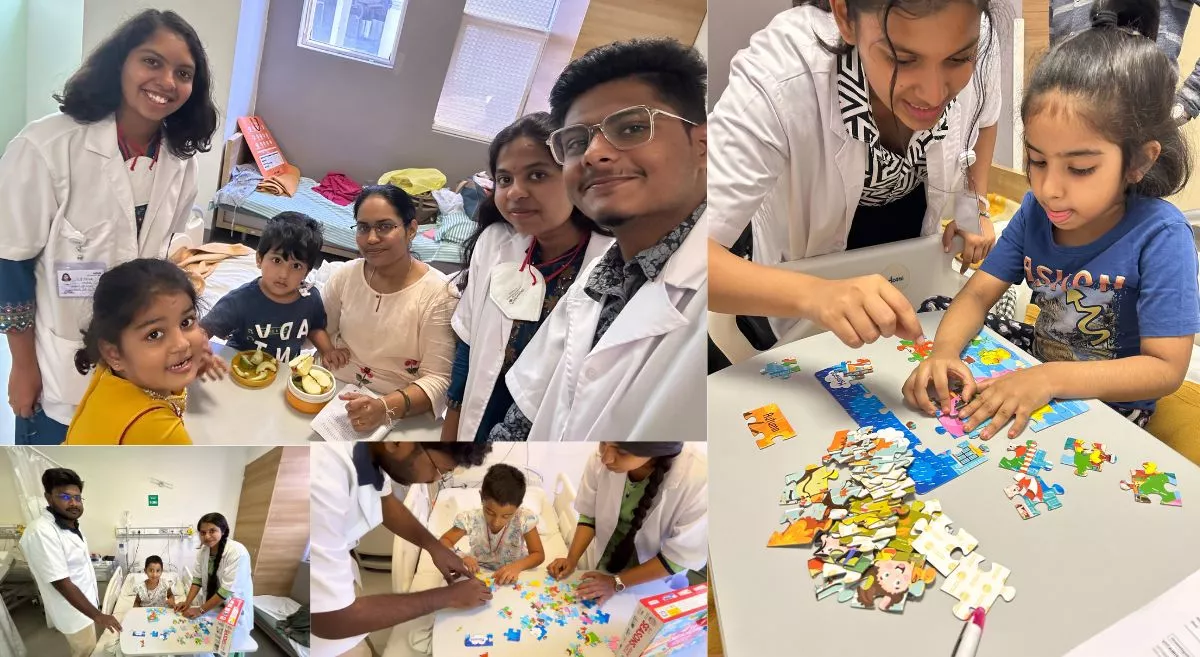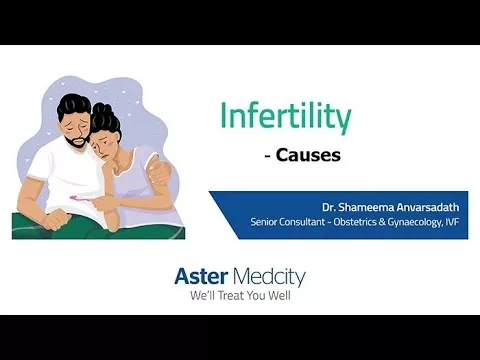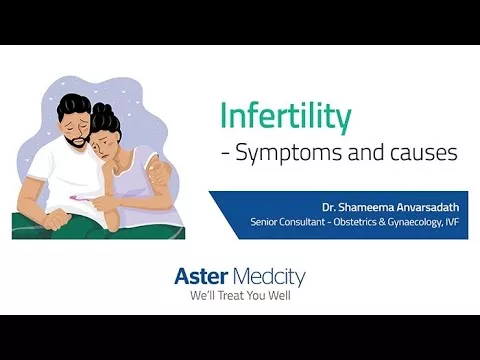Understanding Infertility: Exploring the Emotional Journey and Available Options
For many couples, the dream of starting a family can be a source of immense joy and fulfillment. However, when faced with the challenges of infertility, that dream can quickly turn into a journey of emotional turmoil, uncertainty, and frustration. In this blog, we delve into the topic of infertility, aiming to shed light on its various aspects, including its emotional impact and available options for couples seeking to overcome this hurdle.
Defining Infertility
Infertility is commonly defined as the inability to conceive after a year of unprotected, regular intercourse for couples under the age of 35, or six months for couples over the age of 35. It affects millions of couples worldwide, cutting across various age groups, ethnicities, and socioeconomic backgrounds. It is important to understand that infertility is not solely a female issue; it can affect both men and women.
Emotional Rollercoaster
The emotional impact of infertility cannot be overstated. Couples often experience a wide range of emotions, including grief, frustration, guilt, shame, and a sense of loss. Each unsuccessful attempt at conception can lead to feelings of inadequacy, self-doubt, and stress, straining the relationship between partners and affecting their overall well-being. It is crucial for couples to recognize and address these emotions, seeking support from loved ones or professional counsellors specializing in infertility.
Seeking Medical Assistance
When faced with infertility, seeking medical assistance is a common step for couples. Various diagnostic tests can help identify the underlying causes, such as hormonal imbalances, structural abnormalities, or genetic factors. These tests can guide healthcare professionals in determining appropriate treatment options.
Assisted Reproductive Technologies (ART)
Assisted Reproductive Technologies, including in vitro fertilization (IVF), have revolutionized the field of infertility treatment. IVF involves combining eggs and sperm in a laboratory to create embryos, which are then transferred into the uterus. Other ART techniques, such as intracytoplasmic sperm injection (ICSI) and intrauterine insemination (IUI), can also be utilized based on individual circumstances. While these technologies offer hope to many couples, they can also present financial and emotional challenges. Understanding the success rates, risks, and costs associated with each option is essential for making informed decisions.
Alternative Paths to Parenthood
Infertility does not necessarily mean the end of the journey towards parenthood. Adoption and surrogacy are alternative paths that many couples explore. Adoption provides the opportunity to provide a loving home to a child in need, while surrogacy allows couples to have a genetic connection to their child. Both options require careful consideration, legal procedures, and emotional preparation. It is crucial to seek professional guidance and support throughout the process.
Emotional Support and Self-Care
During the infertility journey, it is vital for couples to prioritize emotional support and self-care. Joining support groups, either in-person or online, can provide a safe space to share experiences, gain insights,
and find solace in the company of others who understand the challenges faced. Engaging in stress-reducing activities, such as yoga, meditation, or counseling, can also help individuals and couples cope with the emotional strain.
Infertility is a deeply personal and often overwhelming experience for couples. By understanding the emotional impact and available options, individuals can navigate this journey with resilience and hope. Seeking support, both from loved ones and medical professionals, can provide the necessary guidance and encouragement needed to face the challenges and make informed decisions. Remember, the path to parenthood may take unexpected turns, but with patience, perseverance, and support, it is possible to overcome infertility and build a fulfilling family.















